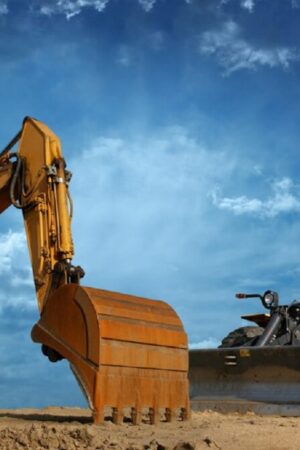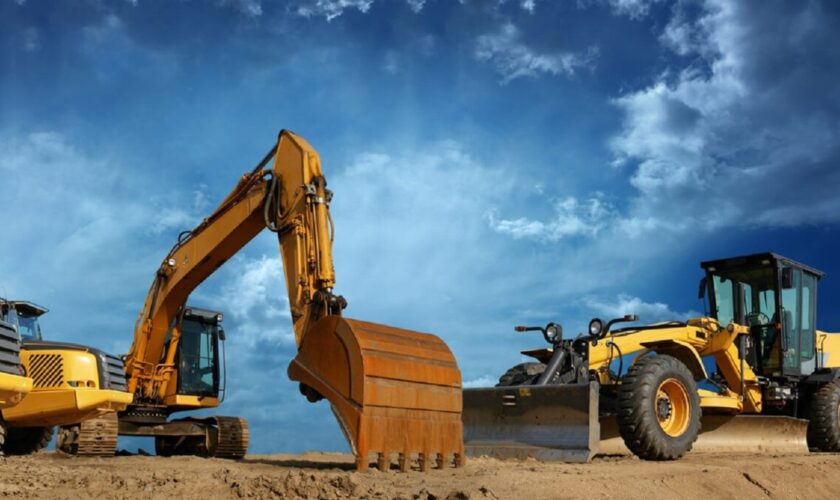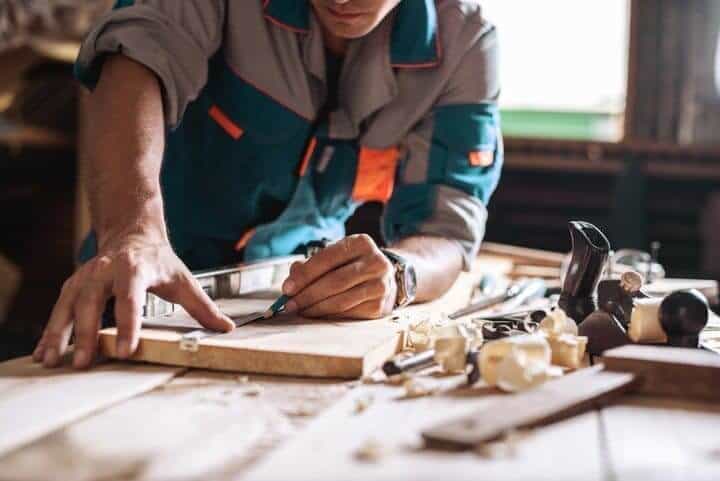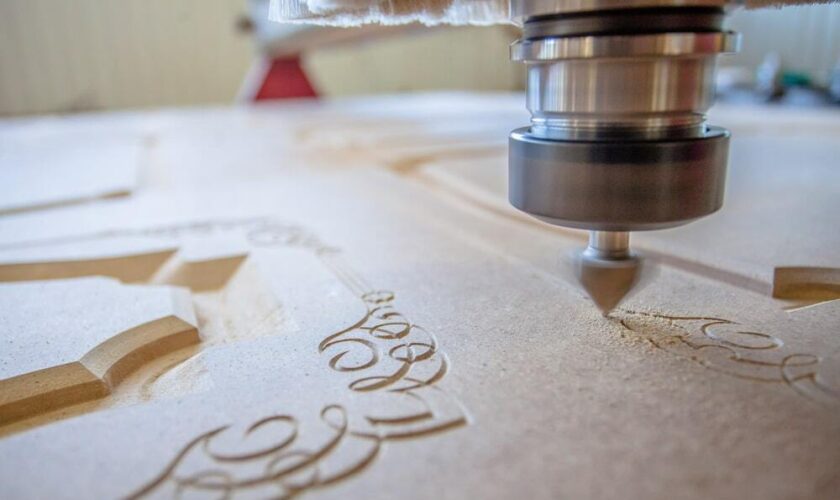As the global community increasingly prioritizes sustainability, the construction industry is undergoing a transformative shift towards eco-friendly practices. Construction equipment, traditionally associated with high energy consumption and environmental impact, is now evolving to embrace sustainability. Construction equipment often relies on water containers for various essential functions.
A water container supplies water for concrete mixing, dust suppression, and equipment cooling, contributing to efficient construction processes. The strategic integration of water containers with construction equipment enhances construction site productivity, safety, and environmental sustainability.
Let’s explore the role of sustainability in construction equipment and the emergence of eco-friendly solutions:
- Reducing Emissions with Electric Construction Equipment:
- Electric Excavators and Loaders: Traditional construction equipment often relies on diesel engines, contributing to air pollution and greenhouse gas emissions. Electric excavators and loaders powered by lithium-ion batteries are gaining popularity as sustainable alternatives. They produce zero on-site emissions, reducing the industry’s carbon footprint.
- Hybrid Construction Machinery: Hybrid construction equipment combines traditional internal combustion engines with electric propulsion systems. This hybrid approach improves fuel efficiency and lower emissions, especially during idle or low-load operations.
- Innovative Materials and Design:
- Lightweight Construction Materials: Reducing the weight of construction equipment contributes to fuel efficiency and decreased energy consumption. Manufacturers are exploring innovative lightweight materials, such as advanced composites and high-strength alloys, to achieve this goal without compromising durability and performance.
- Recyclable and Sustainable Components: Sustainable design practices involve using recyclable materials with a lower environmental impact. Manufacturers increasingly incorporate recyclable components into construction equipment, ensuring that end-of-life disposal is more environmentally friendly.
- Efficient Power Management:
- Smart Energy Management Systems: Construction equipment from https://www.ablesales.com.au/ is becoming smarter by integrating advanced energy management systems. These systems optimize power usage, ensuring that energy is distributed efficiently and that equipment operates at peak performance while minimizing energy waste.
- Regenerative Braking: Some electric construction equipment features regenerative braking systems similar to those of hybrid cars. This technology converts kinetic energy during braking into electrical energy, which is then stored and reused, enhancing overall energy efficiency.
- Telematics for Sustainable Operations:
- Real-Time Monitoring: Telematics and IoT devices are integrated into construction equipment to monitor fuel consumption, emissions, and overall equipment efficiency. This data enables operators and fleet managers to make informed decisions to optimize performance and reduce environmental impact.
- Predictive Maintenance: Telematics not only contribute to sustainability by improving operational efficiency but also aid in predictive maintenance. Proactive maintenance practices reduce equipment downtime, ensuring that machinery operates at peak efficiency, consumes less fuel, and has a longer lifespan.
- Embracing Circular Economy Principles:
- Equipment Longevity and Upgradability: Sustainable construction equipment is designed with longevity in mind. Manufacturers are emphasizing upgradability and modular designs that allow components to be replaced or upgraded, extending the life of the equipment and reducing the need for premature replacements.
- Recycling at End of Life: Responsible disposal and recycling of construction equipment components are critical for minimizing environmental impact. Manufacturers increasingly focus on designing equipment with easily recyclable materials, promoting a circular economy approach.
The role of sustainability in construction equipment is not just a trend; it’s a fundamental shift towards a greener and more responsible construction industry. As technology advances and awareness of environmental issues grows, we expect to see even more innovative and eco-friendly solutions emerging in the construction equipment sector, contributing to a more sustainable and resilient future.













